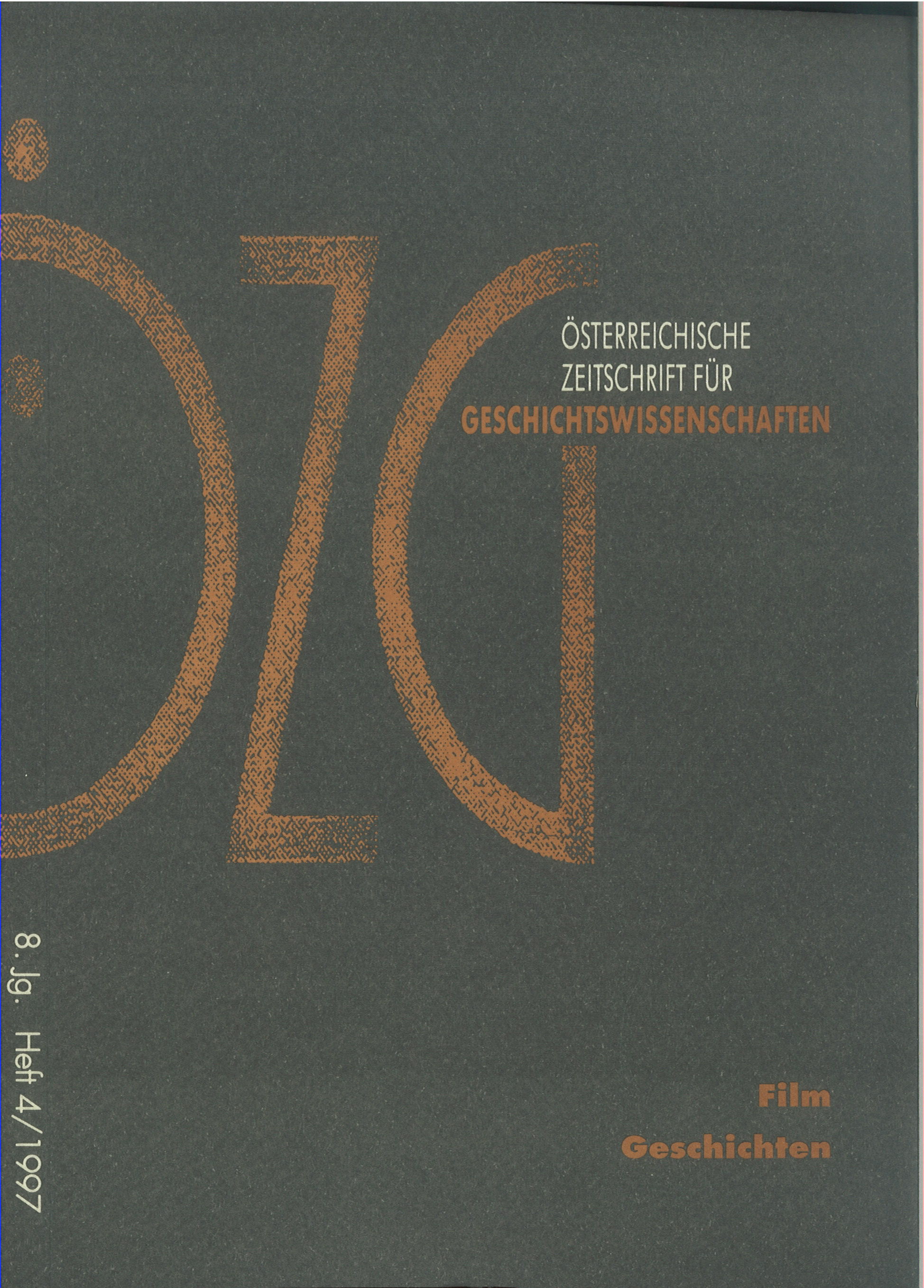Blackface, White Noise
Der jüdische Jazz-Sänger findet seine Stimme
DOI:
https://doi.org/10.25365/oezg-1997-8-4-4Abstract
The first talking picture, The Jazz Singer, going backward to go forward, unites interiorizing technological innovation (speech) to traditional gestural display (blackface minstrelsy). Putting on screen the Hollywood Jewish moguls' own split- self drama of generational conflict between old world and new, The Jazz Singer makes blackface the instrument of intermarriage and Americanization. Jewish blackface in this film - together with other cultural documents - lays claim to a shared suffering and musical expression (jazz) that, uniting Jewish and black Americans, created the national melting pot sound. Racism and anti-semitism did generate Jewish/black solidarity, but blackface marries Jew to gentile, not black to white. Embodying the relationship between ethnicity and race in the United States, the blackface instrument of immigrant mobility leaves Afro-Americans segregated and fixed in place. As a corollary, the jazz singer mass entertainment idol does not give voice to the revolutionary Afro-American music, jazz, that gives him and the jazz age their names.


